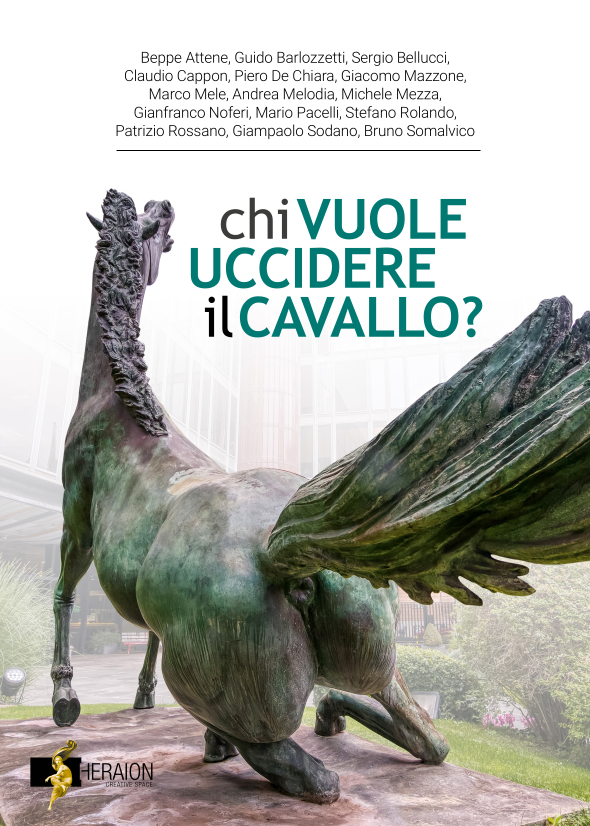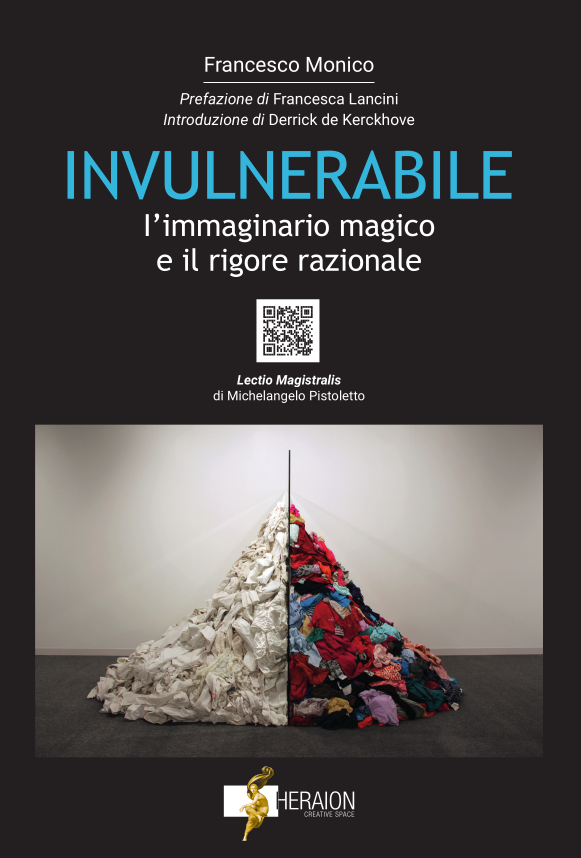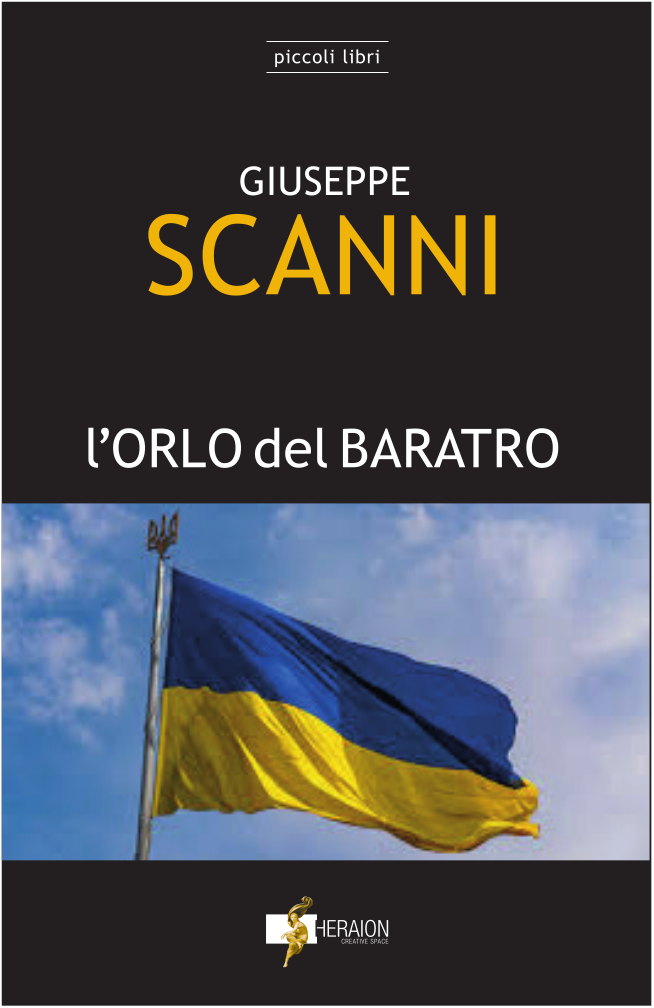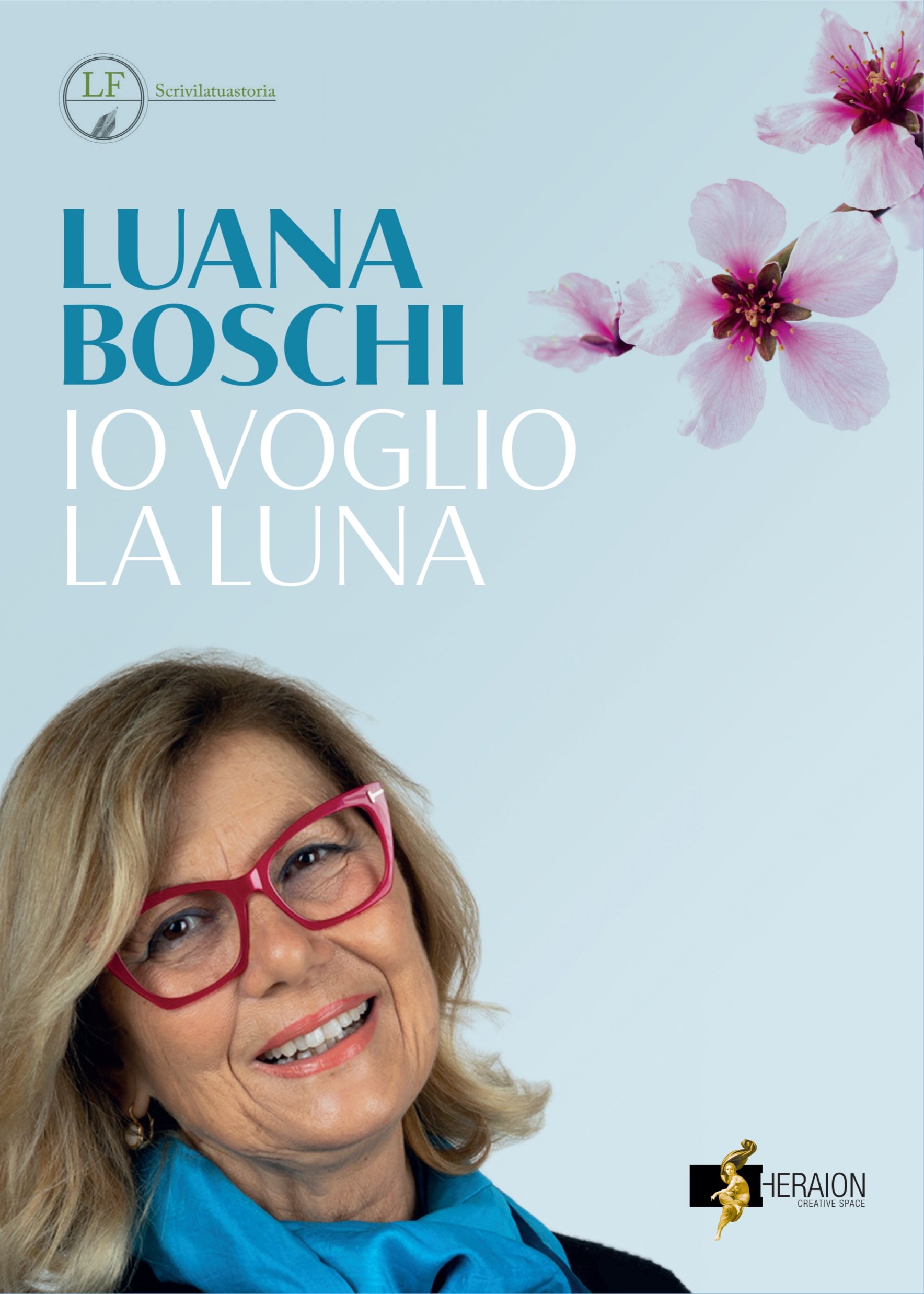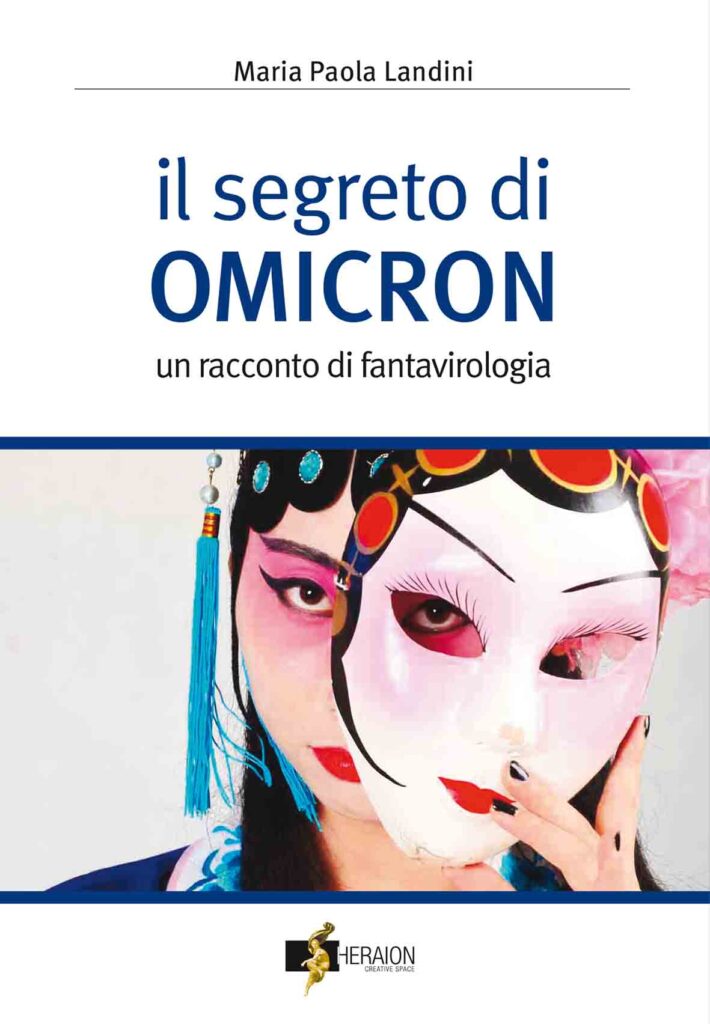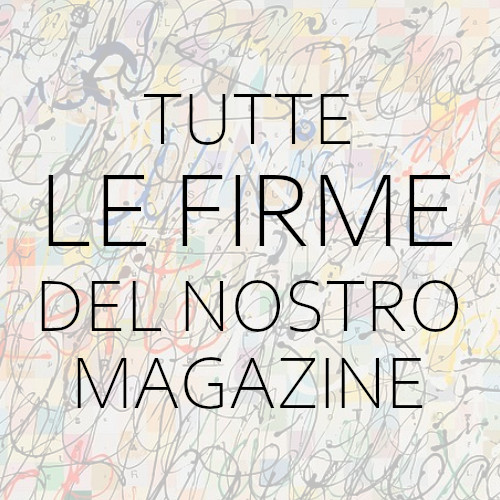Abstract: I principali sviluppi del pensiero politico greco, in particolare in risposta alla crisi della polis, sono racchiusi nella filosofia di Platone (428–347 a.C.). Platone cercava di contrastare il relativismo dei sofisti, stabilendo una base oggettiva per la giustizia attraverso la conoscenza delle Idee, valori universali e immutabili che fungono da modelli per l’azione morale e il governo politico. Nella sua opera Repubblica, Platone propone una teoria politica basata sull’armonia tra le tre classi sociali, corrispondenti alle parti dell’anima umana: produttori, militari e filosofi. Questi ultimi, selezionati tra i “guardiani”, devono governare sulla base della ragione e della conoscenza dell’Idea del Bene. Platone critica varie forme di governo, come la democrazia e la tirannia, considerandole fasi cicliche inferiori. Tuttavia, nelle sue opere successive, come Leggi, riconosce l’importanza delle leggi per mantenere l’ordine politico, attenuando il suo ideale utopico in favore di una visione più pragmatica della governance.
The main developments in Greek political thought, particularly in response to the crisis of the polis, are encapsulated in the philosophy of Plato (428–347 BC). Plato’s intellectual pursuits spanned various fields, including politics, aesthetics, metaphysics, and ethics, all of which were aimed at countering the relativism of the Sophists by establishing a firm basis for justice. He sought to restore an objective measure of justice grounded in universal truths.
For Plato, philosophy was the tool to achieve this, as it allowed for the pursuit of knowledge of Being and the contemplation of Ideas—unchanging, universal values that served as models for knowledge, moral action, and aesthetic judgment. Central to Platonic philosophy is the “doctrine of Ideas,” which provided an objective foundation for both scientific inquiry and political governance. The essence of his theory was the belief that both philosophical and political life should align with a universal order. This order, Plato argued, could be accessed through individual introspection and the process of anamnesis (reminiscence), the recollection of universal truths imprinted on the soul. Through this inner knowledge, individuals could grasp the eternal truths that underpin just political structures and ethical living.
Before descending into the body, the human soul, according to Plato, had already beheld the eternal truths of reality, which he termed Ideas (from the ancient Greek éidos, meaning “vision,” “form,” or “model”). Upon entering the body, the soul becomes trapped and forgets these eternal essences, though it never loses them entirely. Through the process of anamnesis, or reminiscence—a method that is at once logical, ethical, and psychological—the soul is able to recover these innate ideas.
For Plato, true knowledge is not derived from the sensory world, which is constantly changing and imperfect, but from the contemplation of Ideas. While in modern language the word “idea” may refer to a mental concept or representation, Plato envisioned Ideas as immutable, perfect entities existing in a separate dimension beyond the physical world, which he metaphorically referred to as Hyperuranium (literally, “beyond the sky” in ancient Greek). Philosophy, the supreme science, aims at the contemplation of this higher dimension, ultimately culminating in the knowledge of the Idea of the Good, the highest and most perfect form that gives meaning and order to all other Ideas.
At the heart of Plato’s political theory are two central tenets: philosophy is the supreme art, and it should guide politics. Political behaviour, in Plato’s view, is rooted in metaphysics—the contemplation of the immutable and unified idea of the Supreme Good. Politics itself is merely a technical discipline, subordinate to philosophy, serving as a practical application of the highest knowledge in governing society. These principles are thoroughly explored in Republic, a dialogue written between 389–369 BC, where Plato engages in an imaginary debate with the Sophists and presents his theory of justice.
For Plato, justice is synonymous with the best form of government—a social republic where the State mirrors the structure of a human being, with each class representing different parts of the body. In this ideal State, every class has a distinct role, contributing to the overall harmony and function of the whole. This doctrine is primarily articulated through the figure of Socrates, who serves as the central voice in many of Plato’s Dialogues, guiding the exploration of justice and the moral order within the political community.
In Plato’s vision, just as a human being is healthy when desire, aggression, and reason are in harmony, so too is a city governed justly when there is balance between its three classes. The productive class (traders, craftsmen, etc.) represents desire, as they satisfy individual needs. The military, responsible for defending the city, embodies aggression. Finally, the philosophers, who govern, represent reason. The rulers—philosophers and warriors—are not selected through popular elections but are chosen from a group of “guardians,” who undergo rigorous, collective education and live in a state of communal property and shared relationships. To prevent the inheritance of public office, guardians are deprived of personal property, including marriage, ensuring they remain focused on the common good rather than individual gain.
This analogy between the structure of the human soul and political institutions allows Plato to critique other forms of government. Democracy, for example, is driven by desire, prioritizing collective ownership and the satisfaction of individual needs. Tyranny arises when one person, driven by unchecked aggression, seeks dominance over others. Timocracy, or rule by the wealthy, emerges when governance is based on wealth rather than merit. Oligarchy forms when the “best” rulers are seduced by material goods, abandoning their pursuit of the common good to satisfy their desires.
Plato saw these four forms—oligarchy, timocracy, democracy, and tyranny—as cyclical phases that reoccur throughout history, leading one into the other. In contrast, the government of philosopher-guardians, which Plato advocated, is rational and just because it is grounded in a true understanding of the Idea of the Good. These guardians, the áristoi (the best), possess the highest degree of knowledge and wisdom, uniquely capable of leading the city toward the common good.
Plato illustrates the process of acquiring truth through the famous Myth of the cave. In this allegory, all men are depicted as prisoners, bound in a cave, mistaking the shadows cast on the walls for reality. Only philosophers possess the ability to break free from these chains, turning away from the illusions and gradually ascending toward the light. First, they perceive the reflections of real objects in a pond, then they see the objects themselves illuminated by sunlight, and finally, they gaze upon the sun, representing the ultimate truth.
Upon returning to the cave, however, the philosopher, having seen the true nature of reality, is met with disbelief.
His fellow prisoners, accustomed to the shadows, reject his revelations and isolate him, preferring the familiar darkness. This allegory, one of the most influential moments in Western philosophy, not only symbolizes Plato’s philosophical life but also the journey of reason as it seeks to liberate itself from the deceptions of the sensory world.
Plato’s utopian model, particularly the ideal government led by philosopher-kings, undergoes a significant evolution in his later works. In Republic, law is notably absent; if a city is governed by reason, there is no need for formal laws, as harmony and balance will naturally prevail among the social classes. Plato continues to explore this idea in Politicus, where he goes so far as to suggest that those skilled in the art of governance—experts in the science of ruling—are themselves “living laws,” negating the necessity of external rules to guide their actions. This emphasizes Plato’s belief in the supremacy of reason and the philosopher’s unique capacity to lead.
In Laws, Plato’s final dialogue, a significant shift in his political philosophy occurs as he seeks a government model that combines elements of both Persian monarchy and Athenian democracy. Unlike the idealized republic ruled solely by philosophers, Laws introduces a more pragmatic approach, recognizing the value of laws in stabilizing a political order that is inherently fragile. Here, Plato acknowledges that while laws are imperfect and a step removed from the pure idea of justice, they are necessary to bridge the gap between authority and freedom.
This dialogue reflects a more grounded political vision, where issues such as participation and consensus become central. Plato now sees the importance of engaging with the existing system of values within a society, suggesting that a government must balance individual freedoms with the need for structured authority. Unlike in Republic, where rulers were denied family ties and private property, in Laws, Plato concedes that these elements are integral to governance, even for the ruling class.
Plato’s Laws represents a pragmatic departure from his earlier utopian ideas and has had a lasting influence on political thought, shaping the doctrines of philosophers throughout history. It reflects his realization that a perfect state may not be attainable, and that laws are essential for ensuring stability and justice within the complex dynamics of real-world governance.
SEGNALIAMO
-
IL MERITO, IL BISOGNO E IL GRANDE TUMULTO

Martedì 22 aprile c’è stata a Viterbo la presentazione del libro di Claudio Martelli “Il merito, il bisogno e il grande tumulto” che ricorda un intervento di questo esponente socialista ad un convegno del suo partito all’inizio degli anni Ottanta. Si trattava di una conferenza programmatica alla vigilia delle elezioni politiche e, come al solito,…
-
IL MONDO NUOVO PRESENTA L’ULTIMO LIBRO DI CLAUDIO MARTELLI

A me tocca il compito di dirvi perché Il Mondo Nuovo ha scelto di presentare questo libro di Claudio Martelli. Il Mondo Nuovo è nato tre anni fa come magazine digitale a cui abbiamo voluto aggiungere una versione stampata e distribuita in edicola ogni tre mesi per dare maggiore concretezza all’impegno che avevamo assunto all’inizio…
-
MICROBIOGRAFIE IRRISPETTOSE

HENRY PURCELL 1659 – 1695 Era una notte buia e tempestosa a Londra; lui stava tornando a casa dopo aver fatto bisboccia alla taverna. Trovò la porta sprangata: la moglie l’aveva chiuso fuori. Polmonite galoppante, dopo due settimane era bell’e morto. (Altre fonti parlano di tubercolosi; meno pittoresco, forse più probabile). Ed ecco a voi…
-
RIVELATRICI CONTRADDIZIONI

Nel nostro mondo è vietato trasmettere in televisione gli incontri di boxe. Per quanto essi siano regolati da ferree regole di comportamento, prevedano la necessità di un medico a bordo ring e una riconciliazione finale con riconoscimento del vittorioso da parte dello sconfitto si ritiene pericoloso per la società presentare al consumo pubblico quei contenuti.…
-
GUERRE E PACI

La IX edizione di Biennale Democrazia, tenutasi dal 26 al 30 marzo a Torino, si è focalizzata sul tema della guerra, o meglio delle guerre e delle paci: una lettura attenta sui conflitti che attraversano le nostre comunità, in uno scenario mondiale che cambia con grade velocità, e alla violenza che prende la forma bellica…
-
A TEATRO CON I SEI PERSONAGGI

Che il teatro sia in crisi non è cosa nuova o dei nostri giorni; infatti, ne aveva preso coscienza anche Pirandello nel 1921 e cioè nel primo ventennio del secolo scorso. Nei “Sei Personaggi in cerca di autore”, si pone il problema del teatro che ha bisogno di rinnovarsi continuamente e che non sempre è…
-
SEGNALI DI ALLARME

Sul numero 5 di Mondo Nuovo, attualmente in edicola, ho pubblicato un articolo su questo stesso tema, che ritengo utile riproporre. Nella nostra società i campanelli (d’allarme) suonano spesso, ma nessuno sembra ascoltarli. O peggio, chi dovrebbe farlo finge di non sentire. In Italia, quasi due milioni di giovani soffrono di problemi di salute mentale:…
-
CROWDFUNDING CIVICO
Giorgio Fiorentini Una premessa: per declinare il modello operativo del Civismo non è sufficiente aggiungere l’aggettivo civico agli strumenti gestionali tradizionali, ma bisogna spiegare quanto e come le caratteristiche dello strumento gestionale “fittano” e collimano con quelle del Civismo. Un esempio è il crowdfunding che necessita di partecipazione dei finanziatori, di relazioni sociali che sviluppano…
-
TRA MEMORIA PERSONALE E STORIA COLLETTIVA
Giancarlo Governi e gli amici di una vita di Giuseppe Costigliola Metti di trovarti una sera davanti a un focolare, con il ceppo che arde lento, irraggiando calore e una luce discreta. Seduto accanto a te l’amato nonno, che nel racconto pacato della sua vita evoca un mondo popolato di figure storiche, artisti, politici e…




